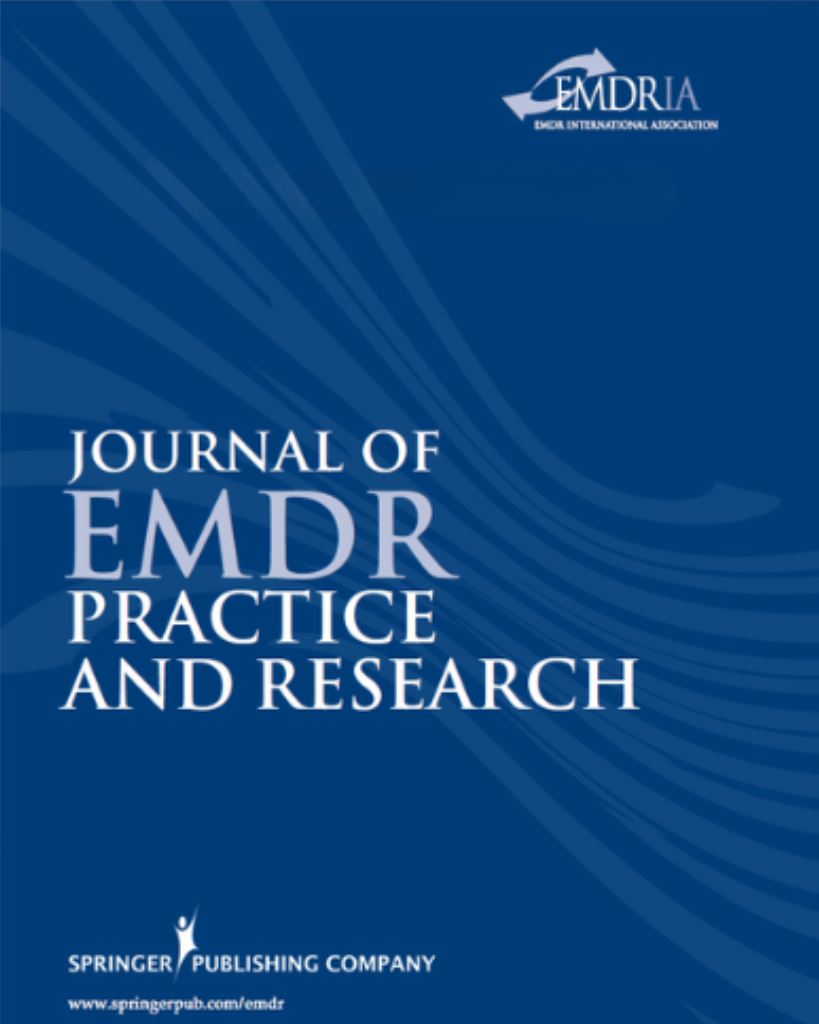Sleep-Dependent Memory Processing and EMDR Action
The possibility that bilateral stimulation induces a brain/mind state similar to that of rapid eye movement sleep is supported by studies.
Article Abstract
“The unique efficacy of eye movement desensitization and reprocessing (EMDR) in the treatment of posttraumatic stress disorder is thought to result from changes in the brain/mind state induced by bilateral sensory stimulation, but the nature and specific consequences of these changes remain unknown. The possibility that bilateral stimulation induces a brain/mind state similar to that of rapid eye movement sleep is supported by studies showing that sleep facilitates forms of memory processing arguably necessary for the resolution of trauma. Such studies, along with direct studies of the impact of bilateral stimulation on memory and emotional processing, and dismantling studies identifying the requisite features of such bilateral stimulation for effective trauma processing, will eventually lead to an understanding of the neurobiological basis of EMDR.”
—Description from publisher
Article Access
Open Access
Stickgold, R. (2008). Sleep-Dependent Memory Processing and EMDR Action. Journal of EMDR Practice and Research, 2(4), 289–299. https://doi.org/10.1891/1933-3196.2.4.289
About the Journal
The Journal of EMDR Practice and Research is a peer-reviewed publication devoted to integrative, state-of-the-art papers about Eye Movement Desensitization and Reprocessing. It is a broadly conceived interdisciplinary journal that stimulates and communicates research and theory about EMDR, and their application to clinical practice. The Journal of EMDR Practice and Research is the Official Publication of the EMDR International Association.
Date
November 1, 2008
Creator(s)
Robert Stickgold
Topics
Sleep
Practice & Methods
Mechanisms of Action, Neurobiology
Extent
11 pages
Publisher
Springer Publishing Company
Rights
Copyright © 2008 EMDR International Association
APA Citation
Stickgold, R. (2008). Sleep-Dependent Memory Processing and EMDR Action. Journal of EMDR Practice and Research, 2(4), 289–299. https://doi.org/10.1891/1933-3196.2.4.289
Series
2
Installment
4
Audience
EMDR Therapists
Language
English
Content Type
Peer-Reviewed
Original Source
Journal of EMDR Practice and Research
Access Type
Open Access





